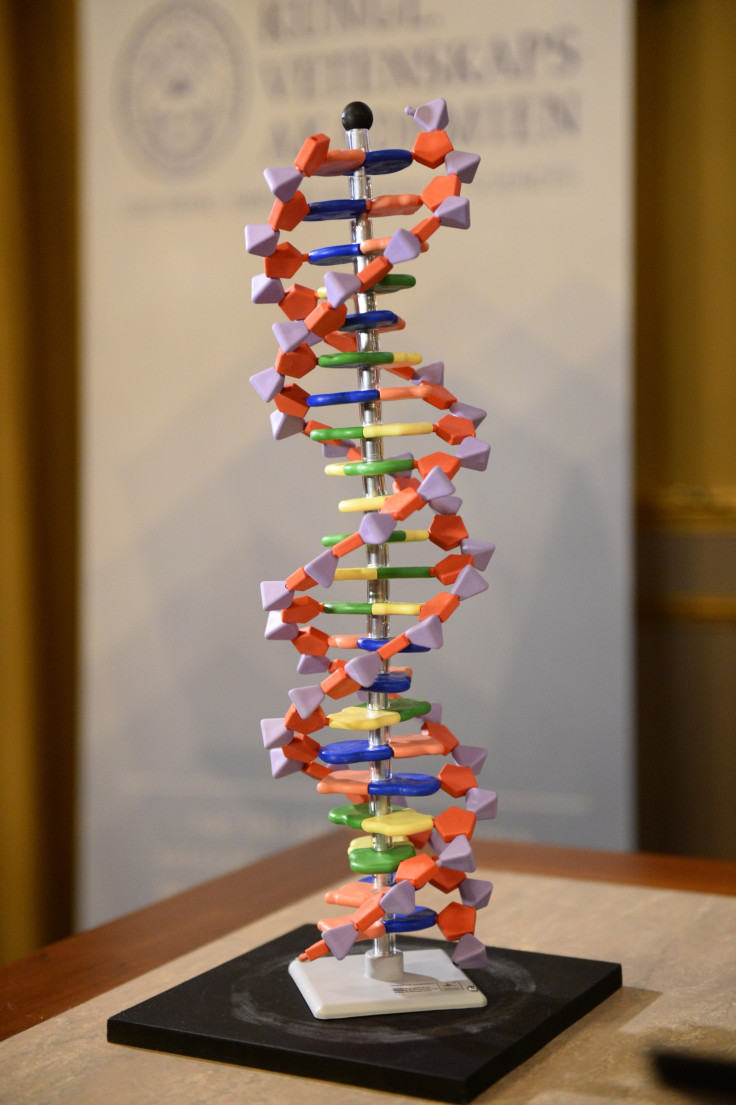Sweden: National DNA database could soon be released to law enforcement and private companies
Sweden has been collecting newborn DNA samples since 1975.
So far jealously guarded, research-only national DNA database in Sweden may soon be made available to law enforcement and private firms, including insurance companies. The Swedish government began collecting blood samples of newborn babies in 1975, with the approval of parents, in efforts to aid medical research into phenylketonuria (PKU) – a genetic metabolic deficiency.
The DNA database, in time, has become one of the world's most comprehensive registry, which contains genetic information on every Swedish citizen under the age of 43, Ars Technica reported. The database so far has been off limits, except to the medical research community. There have been very rare instances of the police being allowed to have access to the database, especially after a law was implemented which required the police to obtain a court order to gain access to the database.
The Swedish government recently commissioned an inquiry aimed at determining the management and use of the DNA database, which has been maintained by the Karolinska University Hospital. It will look into the possibility of making the registry available not only to law enforcement agencies but also to private firms. Rick Falkvinge, the founder of the Pirate Party in Sweden, declared the move to be "an outrageous and audacious breach of contract".
Falkvinge added: "The instant there's a mere suspicionthat this will be used againstthe sampled newborn in the future – as is the case now – instead of being used for the good of humanity as a whole, people won't provide the DNA database with more samples, or at least not enough samples to provide researchable coverage."

The database was originally created for purely medical research purposes and is considered to be an invaluable trove for the scientific research community. However, researchers and privacy activists have expressed concerns about the possible repercussions and privacy infringement, in the event of the DNA database being made available to law enforcement and private firms.
Falkvinge told IBTimes UK: "It's also noteworthy that the PKU register isn't useful for Hollywood-movie-style police 'fishing expeditions', as it's really just one blood sample per individual. It's not sequenced and sampled and searchable against a random sample. What it is, though, is that if already you know the specific individual you want to match against, you would be able to find their blood sample in this register and compare against that one specifically."
He added: "Legislators tend to forget that law enforcement isn't the single most important task in society. Law enforcement exists for a purpose - to uphold our liberty, our values, our community. When law enforcement is given powers that destroy those values and that purpose, it becomes counterproductive and more dangerous than the crime it's fighting."
IBTimes UK has reached out to Karolinska University for comment and is awaiting a response.
© Copyright IBTimes 2025. All rights reserved.






















